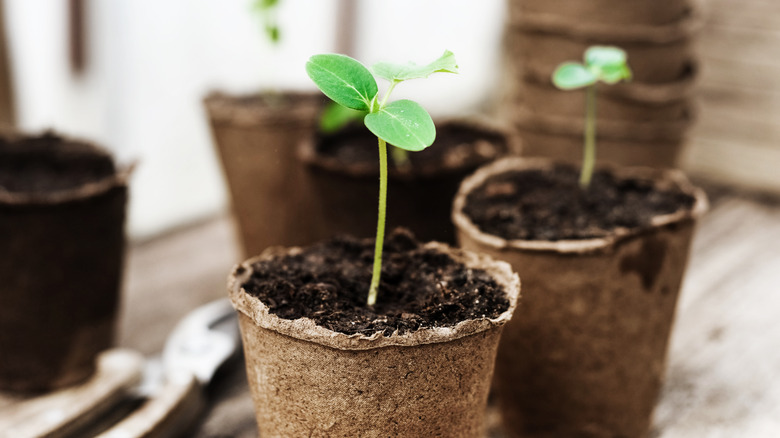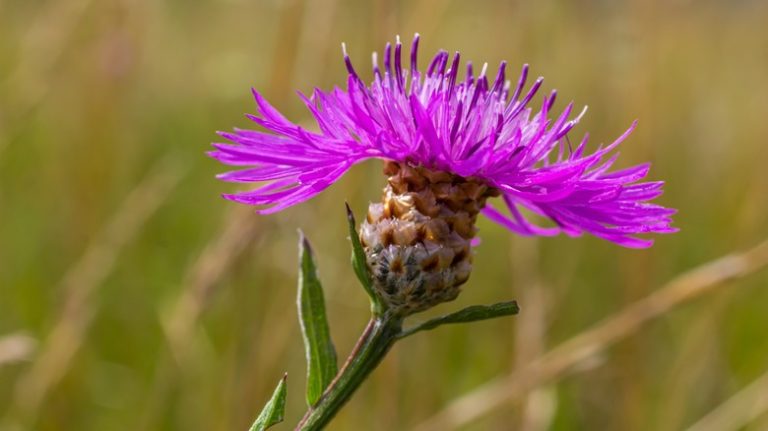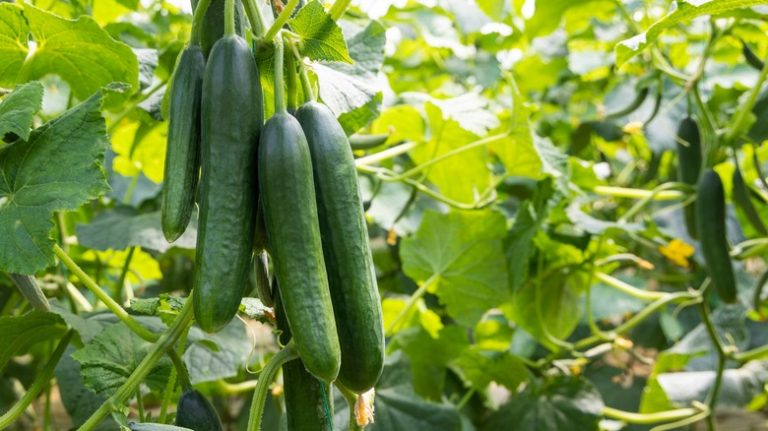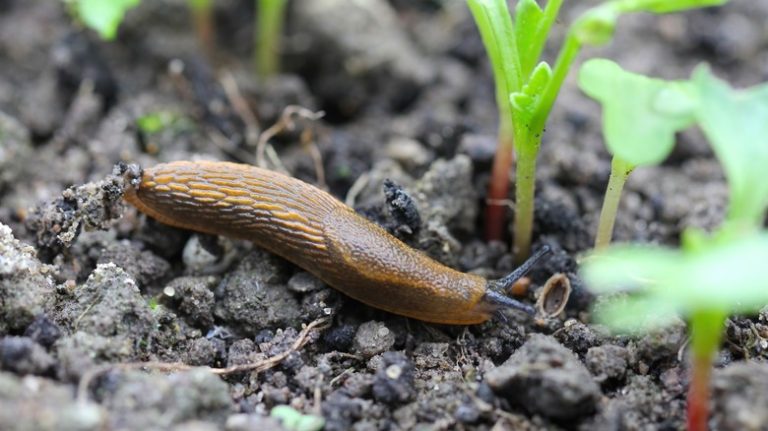Starting your own seeds for your garden can be an exciting way to watch your plants grow from nothing into a luscious, thriving plant. That being said, one of the trickiest parts can be getting your seeds to start off well in the first place. For many types of plants, seeds often require specific environmental conditions to germinate successfully. These requirements pertain to adequate temperatures, moisture, and oxygen levels. Knowing how to provide these unique conditions can be a challenge, especially for novice gardeners who may not be familiar with the specific needs of each type of plant seed. If you’ve given seed germination a go and have not yet found a successful method, you ought to try using a coffee filter.
Starting seeds inside a damp coffee filter is one way to approach germinating that works well for a variety of plants. A wet coffee filter provides the moist environment that most seeds require to get started. Moreover, coffee filters are made of a porous material, which allows for good air circulation, helping the seeds receive the oxygen needed for germination. At the same time, coffee filters are translucent, allowing you to observe the progress of your seeds as life begins to emerge. Finally, once roots have sprouted from the seeds, the coffee filter also allows you to easily transfer the seedling to a small pot or garden bed without disturbing the delicate roots of your new plant.
How to start seeds in coffee filters
If you’re ready to start seedlings in a new way, all you’ll need for this method are a few coffee filters, water, hydrogen peroxide, a spray bottle, a permanent marker, a resealable plastic bag, and whatever seeds you’re looking to germinate. First and foremost, this method works best with high-quality seeds from a reputable source. To begin, set your filter on a flat surface. Spread a few of your seeds on the filter, at least an inch or so apart.
In a container, mix 1 tablespoon of 3% hydrogen peroxide with 1 quart of water. Pour the mixture into a spray bottle and shake it to emulsify the liquids. Gently mist the seeds and the coffee filter with the solution. The hydrogen peroxide will help to prevent mold from growing while the seeds germinate. Take a second dry coffee filter and place it over the dampened one with the seeds. Gently press them together.
Label the resealable plastic bag with the permanent marker, noting the type of seed and the date you began the germination process. Carefully slide the coffee filters into the bag and seal it, leaving just about a finger width of the seal open for airflow. Place the bag with the seeds in a warm, dark place for a few days and check periodically to see if your seeds have started. Once you notice roots, your seedlings can be carefully transferred to soil.
Cautions for this method
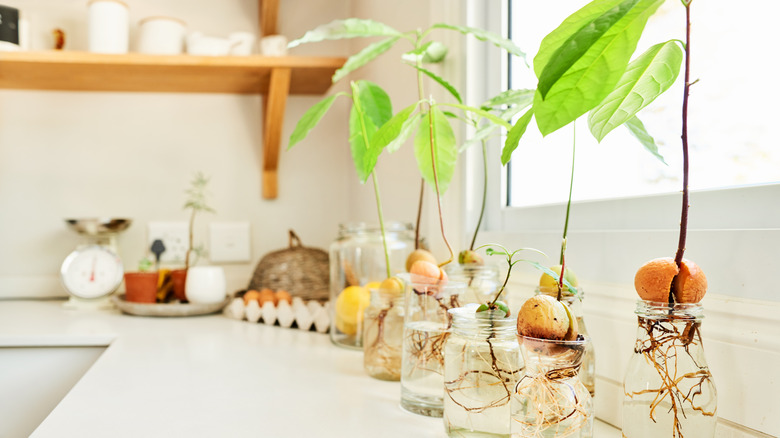
While using a coffee filter to start seeds can be a simple and successful method, there are some drawbacks and cautions to consider. One issue to expect is the risk of mold growth. Putting anything in a warm, moist place for long enough is subject to spawning mold, as it prefers this perfect growing environment. Monitor the coffee filters each day to check for any signs of mold and discard any bags that show signs of fungal growth as this can harm your delicate seedlings. Utilizing hydrogen peroxide in your water to start your seeds is a good way to stave off mold growth.
Additionally, the coffee filter method works best for average-sized seeds. Tiny seeds, like those of carrots or lettuce, or large seeds, like those from avocados or peaches, may not be suitable for this method. Tiny seeds can easily get lost and may be difficult to handle delicately. Moreover, they can get trapped in the folds of the filter and their roots can tear off when trying to transplant them. It may be better to sow these seeds directly in soil to avoid having to handle them more than once. For larger seeds, this method may not work well simply because they need a longer time to germinate. For example, avocado seeds can take 6 to 8 weeks to germinate, so leaving them in the same coffee filter for that long can expose them to fungal growth. Consider alternative methods in this case.

